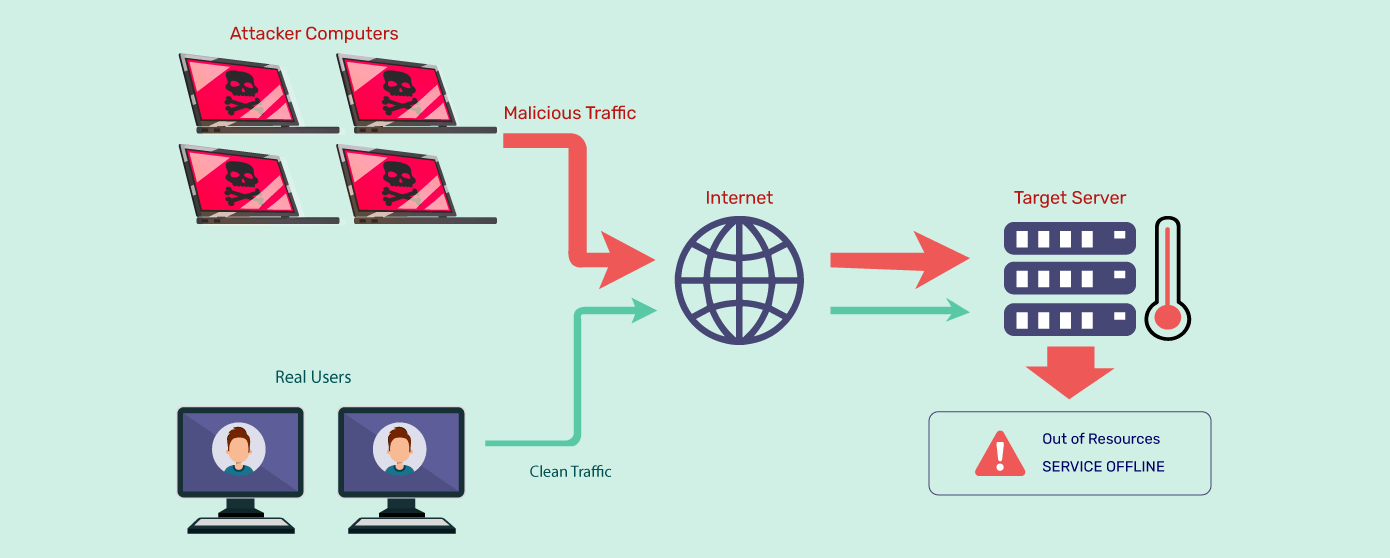As the business environment grows increasingly complex and competitive, the ability to manage and utilize knowledge effectively has become critical for organizational success. Knowledge management (KM) is not just about storing information but harnessing intellectual assets for strategic advantage. It enables companies to capture, distribute, and effectively use the collective expertise and experience of their employees. The significance of KM in meeting the challenges of the contemporary market cannot be overstated. Below, we delve into the facets of knowledge management that are reshaping the corporate world.
Understanding Knowledge Management and Its Role in Modern Business
Knowledge management refers to the process of creating, sharing, using, and managing the knowledge and information of an organization. It brings together various principles from information technology, business strategies, and human resource management. As organizations increasingly acknowledge the value of their intellectual assets, KM initiatives emerge to ensure such knowledge is systematically captured and readily available.
The role of knowledge management in modern businesses extends beyond just improving access to information. It also enhances collaboration and learning, creating an environment where innovation can thrive. By effectively managing knowledge resources, companies can respond more rapidly and intelligently to market changes, customer needs, and new opportunities, which are crucial for maintaining a competitive edge.
Curiosity around what is knowledge management has grown as organizations recognize the tangible benefits it brings. This curiosity is warranted as those benefits, especially in the KM system offered by Upland, include streamlined decision-making processes, reduced operational costs, and the elimination of redundant efforts. Consequently, KM has evolved from a desirable addition to a strategic imperative in the business toolkit.
Despite its significance, implementing KM is not without challenges. It requires a change in organizational culture that promotes sharing and utilizing knowledge. It also demands the deployment of robust systems that support the capture, storage, and retrieval of information, while ensuring that the knowledge remains current and relevant.
The Impact of Knowledge Management on Organizational Efficiency
At its core, knowledge management is about enhancing organizational efficiency. By effectively cataloging and retrieving institutional knowledge, businesses cut down on the time spent rediscovering information. This enables employees to handle tasks more swiftly and frees up resources to concentrate on more strategic, high-impact activities.
When employees have ready access to the company’s collective insights, it minimizes the duplication of efforts and prevents avoidable errors. KM also facilitates better communication across departments, ensuring that different parts of the organization work together cohesively. This synergy is especially important in large or geographically dispersed companies, where employees might otherwise work in silos.
Another aspect where KM aids efficiency is in the induction and training of new employees. New hires can quickly come up to speed by tapping into a rich repository of company knowledge instead of relying solely on colleagues or trial and error. This comprehensive resource not only enhances the learning experience but also reduces the time to productivity for the new team members.
Furthermore, KM supports a company’s customer service efforts by maintaining extensive knowledge bases. This ensures that customer-facing employees are equipped with up-to-date information, enabling them to provide accurate and consistent service, thereby enhancing customer satisfaction and loyalty.
Strategies for Effective Knowledge Sharing Across Departments
For knowledge to have a positive impact on an organization, it must flow freely across all levels and departments. Creating a culture that values knowledge sharing is the foundation of this strategy. This involves incentivizing employees to contribute to and use the knowledge base and recognizing those who actively engage with KM practices.
Effective communication channels are critical for cross-departmental knowledge transfer. Tools like intranets, collaborative platforms, and social networks can break down barriers between departments, allowing employees to share expertise and support each other’s work. Such a transparent environment fosters a sense of community and collective problem-solving within the organization.
Another strategy involves structuring KM processes to align with the organization’s workflows. Embedding knowledge sharing into regular activities prevents it from becoming an afterthought or an additional task. Integrating knowledge into everyday practice ensures it becomes part of the organizational fabric.
Lastly, safeguarding the quality and relevance of knowledge is pivotal. Implementing systems that periodically review and update the content helps maintain a high standard of the knowledge base. This upkeep ensures that the information shared across departments remains accurate, current, and valuable.
Altogether, knowledge management plays a pivotal role in enhancing the agility, innovation, and efficiency of business organizations. By fostering an environment where knowledge is valued and shared, companies are equipped to tackle today’s challenges and prepare for tomorrow’s opportunities.









